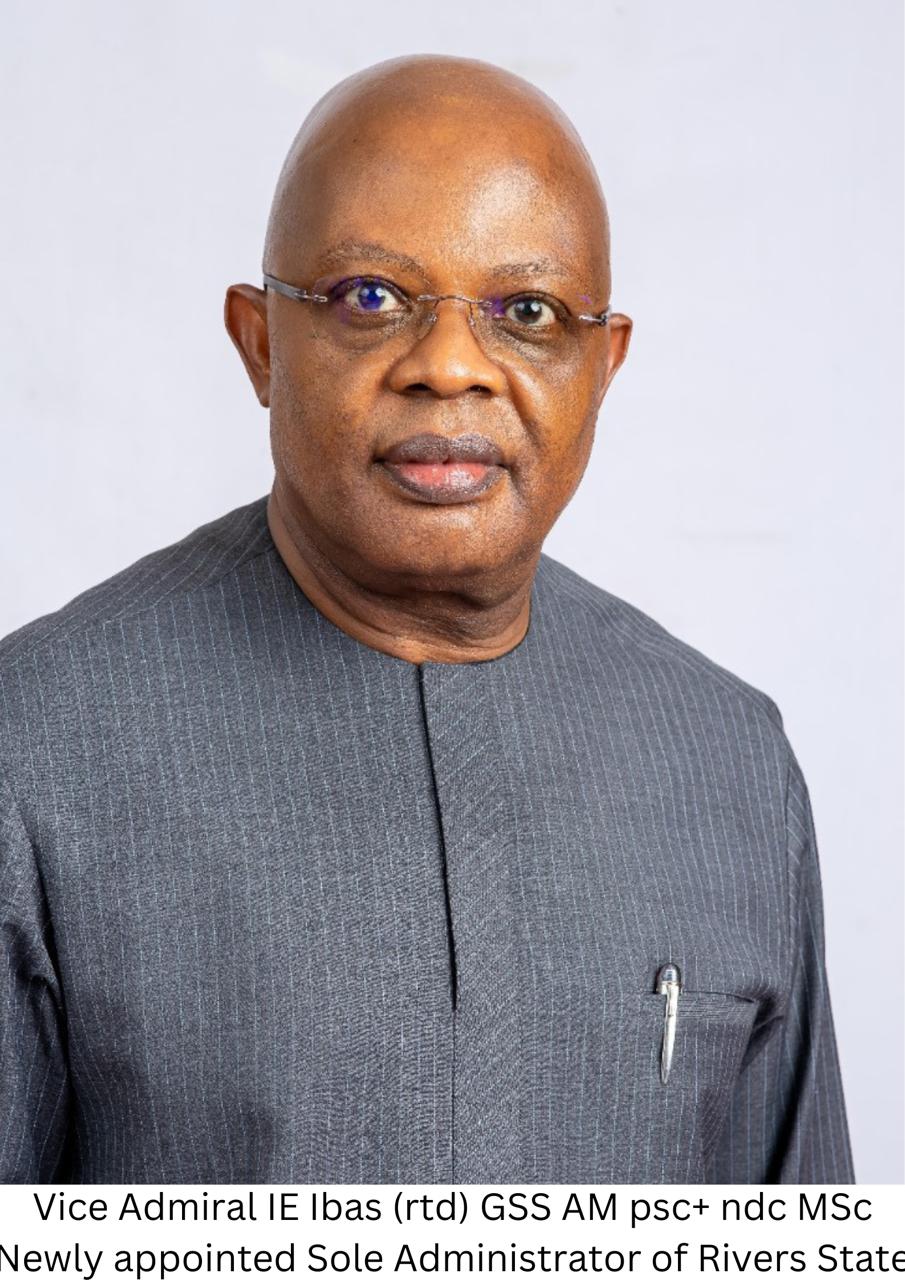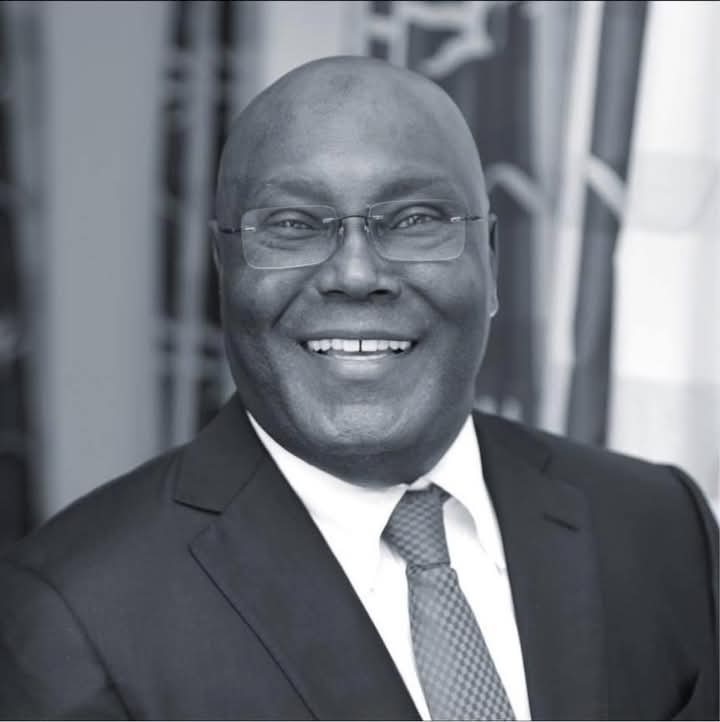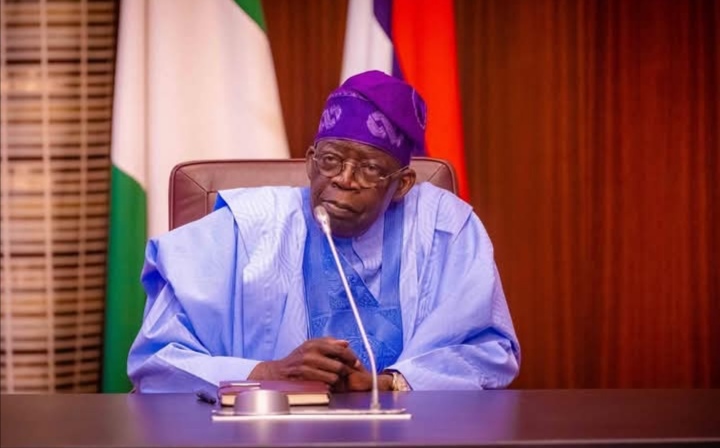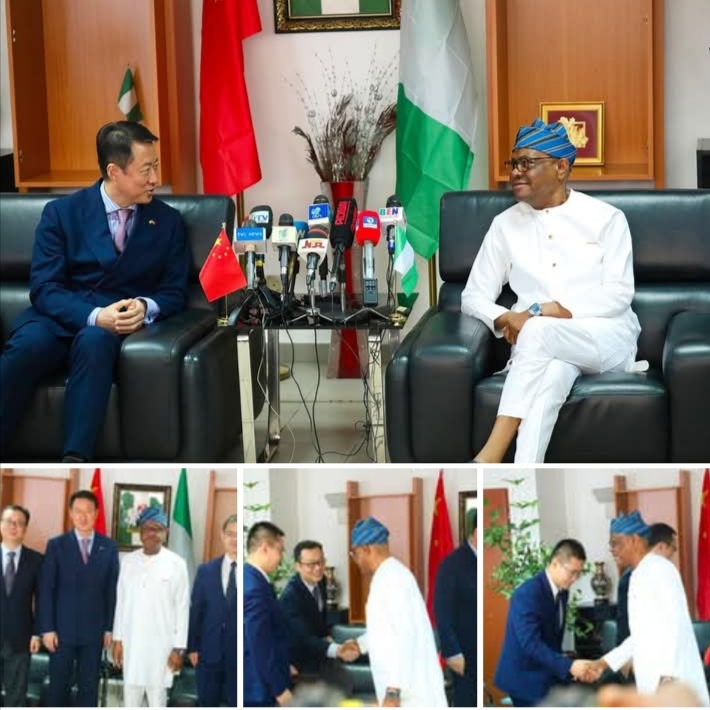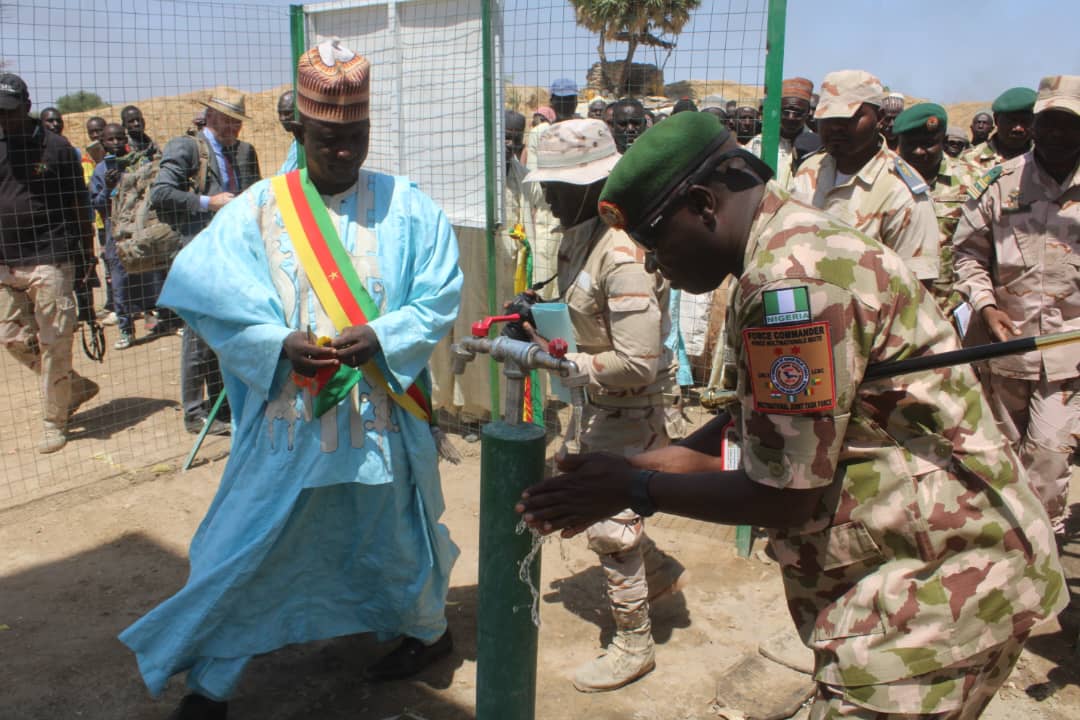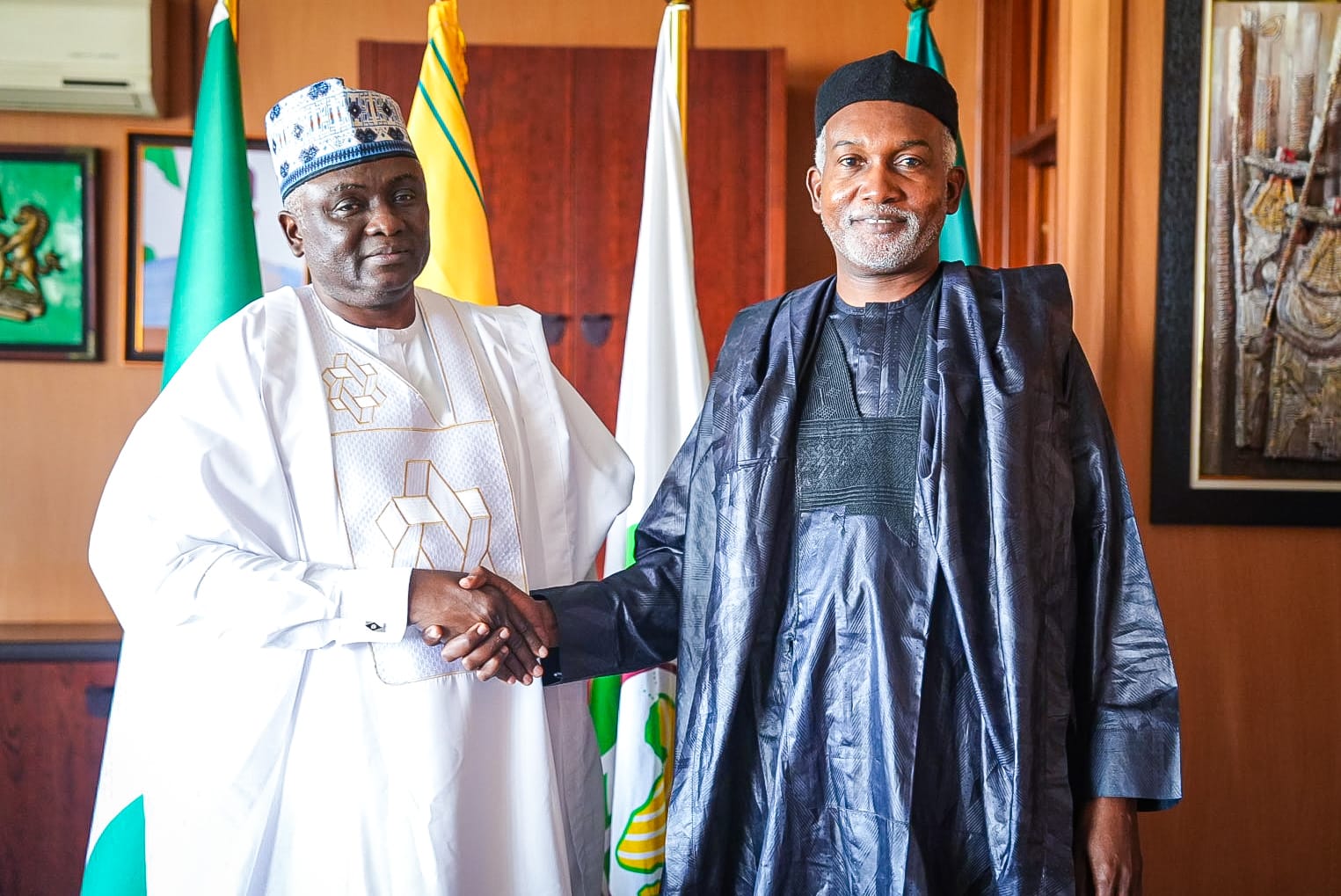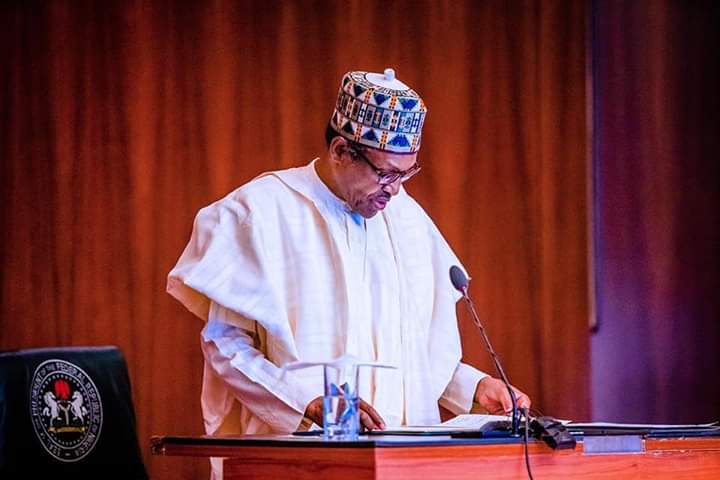Telecommunications Sector: Nigeria’s National Policy to address $2.16bn annual outflow — FG
By Helen Udoh-Abuja
The Federal Government has concluded plans to reduce its huge $2.16 billion outflow in the telecommunications sector through National Policy for the Promotion of Indigenous Content in the Nigerian Telecommunications Sector.
“The Nigerian telecom sector has experienced a lot of growth over the last two decades. For example, the sector has experienced a significant increase in the number of subscribers and an exponential increase in the inflow of Foreign Direct Investment (FDI).
“The Nigerian Communications Commission, acknowledging the country’s FDI gains stated that the industry moved from a paltry $60 million private sector investment in 2000 to about $68 billion in 2016. Much as there has been a lot of progress in the sector, it is still useful to identify the areas where much progress can be made.
“One of such is the area of capital flight, which has also been significant. The Federal Government is committed to reducing this amount significantly, in line with the mandate of His Excellency, President Muhammadu Buhari GCFR that we “produce what we eat and consume what we produce”.
According to available statistics provided by the leadership of the Association of Telecommunications Companies of Nigeria (ATCON), the annual outflow of foreign exchange for the telecommunications sector amounts to approximately $2.16 billion.
“A breakdown of the forex spending is as follows: i. CAPEX Programs- $750m ii. Network Software Licensing- $250m iii. Management Fees- $800m iv. Managed Services (Tier 2 & 3 Support)- $157m v. Miscellaneous (International circuits,roaming and terminations reconciliations etc) – $200m. The statistics were based on the average annual reports of a sample of industry players in the telecommunications space over a 5 year period.
This is a significant portion of our average annual budget and it is critical that this trend is reversed. A survey of industry players conducted by the Nigerian Communications Commission (NCC) in 2018 resulted in the following findings: i. the ratio of Nigerians to Foreigners (for senior, Line, Contract and Outsourced staff) in the industry is high in absolute terms (i.e. 98% to 2%).”
It also stated: “However, it should be noted that the larger operators (especially the Mobile Network Operators) have a healthier balance than smaller licensees and service providers; there is also a higher percentage of foreigners among top management staff when compared with other staff, with Nigerians making up 31%, in relation to foreigners who make up 69%; iii. For software, 77% of software in use are foreign, while only 23% are obtained locally; iv. with respect to hardware being used by the companies interviewed, 86% of them are foreign while 14% come from local companies; and v. data on Base Transceiver Stations (BTS) also revealed a dominance of foreign products over those produced locally, as 88% are foreign with only 12% being manufactured in Nigeria.”
It also added: “In order to successfully promote indigenous content in the telecommunications sector, this Policy focuses on key areas where the development of such capacity will have the greatest level of impact.
The following have been identified as such areas: Manufacturing; Subscriber Identity Module (SIM) cards, smartphones, recharge cards, parts, fiber optic cables, masts, etc 2. Services and Software for Telecom sector; Business Support Services (BSS), Operations Support Systems (OSS), Performance Monitoring, Customer Resource Management, Data Analytics and Network Inventory Management, etc. People; an emphasis on skills rather than degrees, a support for emerging technologies, etc.”source:Daily-ng


